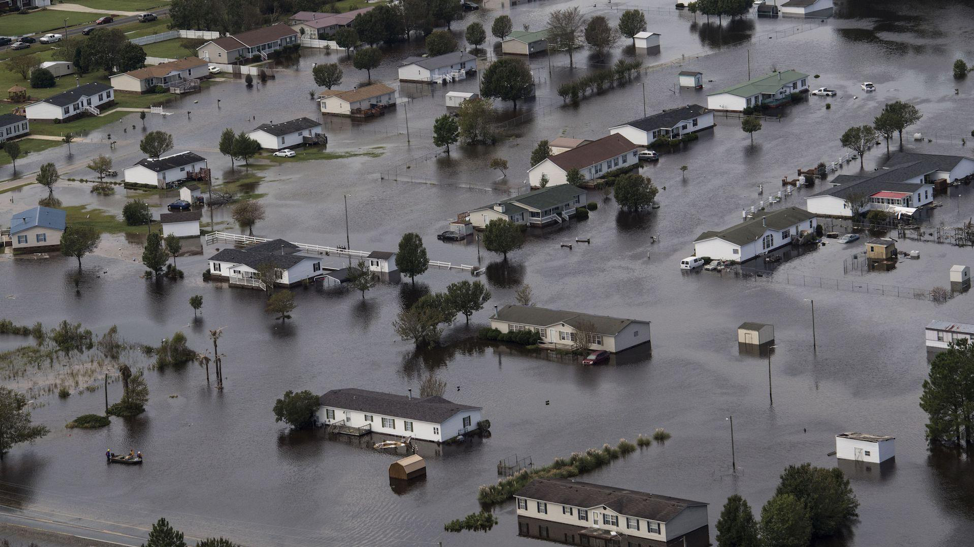
As Florida continues to pick up the pieces left by Hurricane Michael, the US looks like it will be given somewhat of a breather from the destructive storms that have ravaged their way up the East Coast for about the past month. Unfortunate as it may be, both media coverage and personal awareness of natural disasters seem to fade away quickly as new stories come up that pull our attention. But more often than not, the thing that tends to stay with us is the number of deaths reported after a major storm.
Since Hurricane Florence hit the Carolinas, there have been 48 deaths reported as being directly caused by the damage. For reference, Hurricane Katrina reportedly killed about 1,800 and Hurricane Michael killed at least 33, though that number could continue to rise. These numbers are both devastating and surprising since hurricanes are somewhat unique in their predictability – we know when they are coming and people are told to leave, so why is it that people are still getting injured and losing their lives?
The answers to this question are understandably complex. After all, every storm carries its own specific challenges and dangers. The main takeaway, however, should be that it is not as simple as thinking that people who do not evacuate made their choice of complete free will, and must therefore face the consequences of their actions without our sympathy.
People living below the poverty line are disproportionately affected by the dangers of storms and natural disasters such as hurricanes. Though for some people the decision to leave an area where a storm is headed might be easy, for others, that decision may not be so easy, and in fact, may not even truly be feasible.
Take, for instance, the Carolinas: North Carolina and South Carolina have the 37th and 42nd highest rates of poverty in the country. This means that there is a high level of people living below the poverty line in both states, and that when disaster strikes, they have a lot to consider before packing up and leaving.
First, when you evacuate, you need a place to stay. But what if you don’t have family or friends outside of the evacuated area, and you don’t have the funds for a hotel room? True, there are community emergency shelters such as schools that are in place to avoid this very problem, but even those may not be enough. Sometimes evacuation centers become overcrowded and unsafe, resulting in a second evacuation, which is exactly what happened in the Louisiana Superdome during Hurricane Katrina. And furthermore, what if you don’t have transportation to a shelter, or what if you do, but the price of gas is too high?
On top of all these challenges, there is an ever-present danger of losing one’s job due to not showing up at work. Though it seems like it would be outrageous to fire someone because they evacuated during a mandatory evacuation, not only has it happened before, but in several states, it is legal. In at-will employment states, such as North Carolina, non-union private-sector employees can be fired almost completely at the discretion of their bosses, leaving those below the poverty line in a more precarious situation than ever.
At the end of the day, most hurricane-related deaths are caused by inland flooding, meaning that people drown or sometimes are electrocuted due to rising water levels. The number of deaths that have happened in the past few hurricanes are absolutely heartbreaking, and we can’t let it happen again. We can’t control the weather, and we can’t make hurricanes turn around, but we can put protections and resources in place to ensure that everyone has the clear ability to leave an unsafe space without fear of losing their job, spending all their savings, or being unable to care for their family. Hurricane season is almost over for the East Coast, but it will come back. And this time, we have to be ready. Make sure to vote on November 6th.
—Lila Olson


